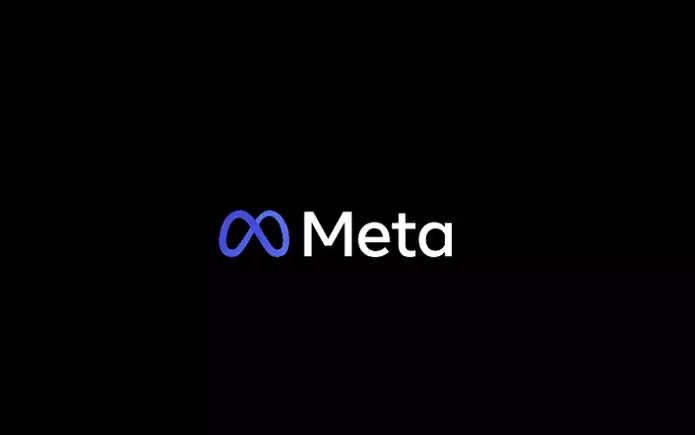The technological landscape has seen a monumental shift in how social media giants manage political discourse on their platforms, and Meta, the parent company of Facebook and Instagram, finds itself at the center of this ongoing debate. Despite its public commitment to minimizing political content, the reality is that misinformation still thrives within its walls, illuminating a conundrum that Meta grapples with more intensely as elections loom on the horizon.
Reports, such as those from Forbes, have shed light on the staggering number of ads on Facebook that perpetuate false narratives surrounding upcoming elections. For instance, certain ads have depicted political figures, including Vice President Kamala Harris, in derogatory manners with disturbing imagery designed to provoke outrage and division. This troubling trend starkly contrasts with Meta’s professed goal to foster a more constructive user experience, leading one to question whether this stance against political content is genuine or merely a façade designed to placate regulators and public outcry.
The historical context adds weight to this issue, particularly recalling the infamous role that Facebook played in the 2016 U.S. presidential election. Russian-based entities exploited the platform’s vast reach to disseminate divisive propaganda, prompting intense scrutiny and forcing CEO Mark Zuckerberg to testify before Congress. In light of these past missteps, Meta’s decision to minimize political messaging appears more reactive than proactive, raising doubts about its sincerity.
In an effort to navigate these stormy waters, Meta has undertaken measures to reduce its political footprint systematically. With the removal of dedicated news sections and the end of partnerships with news outlets, the company has signaled a decisive pivot towards lighter, more engaging content aimed at driving user interaction. This strategy aligns with Zuckerberg’s statements about user feedback indicating a desire for less political discourse within the platforms.
However, the intent to create a more enjoyable online environment may inadvertently sidestep a vital facet of social media: the public’s right to discuss and engage with pressing political issues. Politics remains a fundamental component of societal conversation, making the complete eradication of political content an improbable, if not impossible, endeavor. Platforms like Threads, a sister app designed for real-time discussions, are particularly called into question, as users naturally gravitate towards conversations about current events and political matters.
Despite Meta’s strenuous efforts, the reality is that complete avoidance of political dialogue is unfeasible. Political content is ingrained in social platforms, arising organically from user interactions. Rather than trying to suppress this discourse, which could lead to unintended consequences—such as driving users toward less regulated platforms—Meta might benefit from creating a more nuanced approach.
One possibility is refining its criteria for what constitutes “political content.” Meta’s current definition appears broad and somewhat opaque, potentially leading to inconsistent applications of these rules. A more transparent and adaptive strategy could provide users with a clearer understanding of accepted discourse while still limiting harmful misinformation.
Moreover, as evidenced by ongoing challenges with misinformation, Meta continues to play a role in the dissemination of false narratives, complicating its ability to escape political content’s inherent gravitational pull. The question remains: should Meta loosen its restrictions altogether and allow users to engage in political discourse freely? While this course of action threatens to create further division and negatively affect user engagement, it may also prevent users from feeling stifled or censored.
Moving forward, Barcelona-based Meta will need to commit to a more responsive and adaptable policy approach regarding political content. As the social and political landscape shifts, the definition of political discourse and the implications of such discussions will inevitably evolve. By prioritizing clarity and engagement, Meta can find a more sustainable equilibrium that acknowledges users’ rights while minimizing misinformation.
Ultimately, Meta’s struggle with political content illustrates a broader dilemma faced by social media companies today. As facilitators of public discourse, they must find ways to engage users without compromising the integrity or safety of their platform. Whether Meta can successfully achieve this balance will remain a critical focal point as the election cycle continues, underscoring the importance of ethics, communication, and adaptability in an age where misinformation is just a click away.

